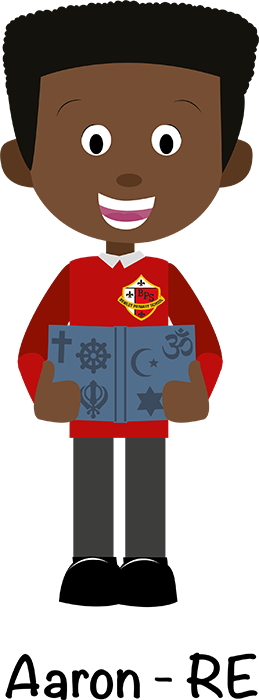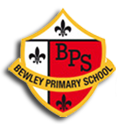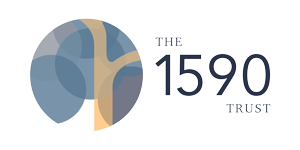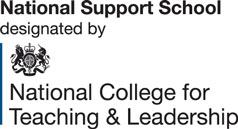Religious Education
At Bewley Primary School our motto is – Bright, Proud and Successful.

Through teaching RE we aim for every child to:
- shine bright as compassionate, moral citizens
- show tolerance and respect for all cultures and religions
- be proud of who they are, their heritage, personal achievements, and those of others
- have a self-belief and confidence to be successful and strive to be the very best that they can be
Intent
Our intent for Religious Education (R.E.) is for every child to acquire substantial knowledge and understanding of Christianity and Islam and also knowledge and understanding of the 4 other major world religions: Sikhism, Judaism, Hinduism and Buddhism.
R.E. plays a unique role in the development of children’s spiritual, moral, social and cultural growth. In the teaching of R.E., we provide a safe yet stimulating environment for children to explore religious beliefs, practices and issues in the local, national and global communities. It is our absolute intention that, as children’s awareness, knowledge and understanding grow, so too will their respect and appreciation towards others with different faiths and beliefs. Equally, children are encouraged throughout to be reflective, enabling them to form and share their own informed opinions and beliefs.
Ultimately, we aim to help prepare our children for the experiences, responsibilities and challenges of their adult life by equipping them with a greater understanding of the multi-cultural world in which we live and an enquiring, fair-minded and positive mind-set.
Implementation
Although not part of the National Curriculum, R.E. is recognised as an important part of the school curriculum. The Government stipulated in 2011 that the Local Authority should be responsible for the drawing up of an agreed syllabus that reflects the local population. In keeping with this, we follow the Stockton SACRE (Standing Advisory Council for Religious Education) syllabus.
Features of our R.E. syllabus:
- Content is taught in a systematic, logical sequence so that children acquire the appropriate, cumulative knowledge, understanding and skills.
- A Christianity topic is taught at least twice in every year group, from EYFS to Year 6, enabling children to build up a substantial knowledge and understanding of our most predominant religion.
- Islam is taught at least once in each year group, from EYFS to Year 6, again enabling children to acquire a substantial knowledge and understanding of the second most predominant religion in our Local Authority area.
- The other 4 major world religions are taught at least twice in the course of children’s time at our school.
- Knowledge, understanding and skills are revisited, reinforced, embedded and built upon as children are encouraged to make connections, for example, between the beliefs and practices of different religions.
- Knowledge, understanding and skills are further reinforced, embedded and built upon by encouraging children to make connections and follow lines of enquiry in other subjects in the curriculum.
- Memorable, meaningful experiences, such as visits to places of worship and receiving visitors from various religious communities (when Covid 19 restrictions allow) further enhance children’s knowledge, understanding and interest in R.E..
- Teachers make regular use of formative assessment to inform their planning and differentiation in sequences of lessons on each R.E. topic.
- Teachers also use summative assessments at the end of each R.E. topic, adapted from Stockton SACRE, to inform their teaching and measure children’s progress.
- The subject leader monitors and supports R.E. teaching and learning by conducting informal interviews with children across the school (pupil voice), dialogue with teaching staff ( both verbally and in the form of questionnaires – teacher voice) and book looks.
Impact
The impact of R.E. teaching in our school can be seen in:
- Children’s acquisition of knowledge and understanding of the 6 major world religions and connections between them.
- Growth in children’s spiritual, moral, social and cultural awareness.
- Children’s tolerance, respect and appreciation for different faiths and beliefs.
- Children’s ability to be self-reflective and form their own views and values.
- Children’s love of learning about our multicultural world and a positive mindset towards it.


